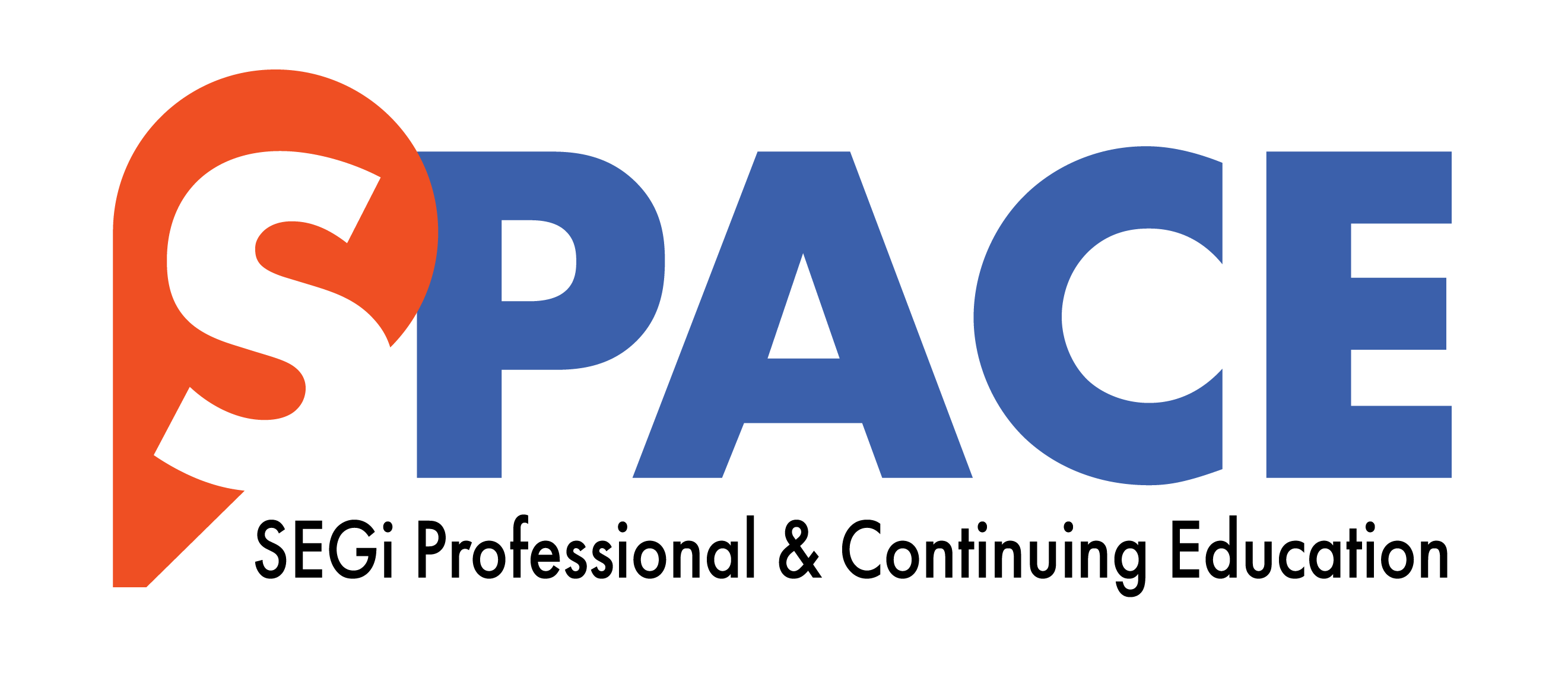Flexible Learning That Enhances Your Potential
Micro-credential certification in Strategic Management MGT6303 (MFP) **
This module allows students to identify and articulate the strategic issues that organisations are faced with. Students will be able to draw upon some of the critical concepts, techniques and information from other units studied in order to develop informative and comprehensive responses to some of the key questions encountered in the strategic management of an organisation. This unit provides a framework for analysis and integration by focusing attention on the development of an organisation’s strategic directions, strategic capabilities and internal and external dynamics.
** indicates that these programmes will be offered soon
 This programme is designed, delivered, assessed and awarded by SEGi University through the SEGiUniDigital Platform.
This programme is designed, delivered, assessed and awarded by SEGi University through the SEGiUniDigital Platform.
Entry Requirements - No
Age - 23 Years Above
Experience - No
Language Proficiency - Yes
Numeracy Proficiency - No
Prerequisites - No
Others - No
- Essential of Strategic Management
- The nature of the strategic formulation, implementation and evaluation activities within the strategic management function
- The evolution of the strategic management framework
- The processes needed for integrating analysis and intuition to achieve competitive advantage
- Types of Strategies
- Corporate strategies and Business strategies
- Diversification strategies
- Portfolio and synergy strategies
- Competitive strategies
- Different aspects of functional strategies
- Guidelines on choice of the most appropriate type of strategy to pursue
- Strategic Capability and Internal Audit
- Identifying the strategic capabilities of organisation
- Concept and Sources of sustainable competitive advantage
- The use of models like cost/benefit analysis, break-even analysis, financial ration analysis, value chain analysis and internal factor evaluation matrix
- Organisation learning
- External Environment Audit
- Importance of monitoring external trends and events
- Assessment of the macro environment and the 10 major forces that affect organisations
- Key sources of external information and the use of forecasting tools
- Assessment of the industry structure and strategic positioning
- Strategic Purpose- Vision and Mission Analysis
- The role of vision and mission in strategic management
- The process of constructing clear mission and vision and the benefits that arise from this
- The role of stakeholders and their influence on vision and mission statements
- The impact of Corporate Governance on strategic purpose
- Strategy Generation and Selection
- Importance of behavioural, political, ethical and social considerations in strategy generation and selection
- 3 stage framework for choosing among alternative strategies
- Developing the SWOT, SPACE, BCG and IE matrix
- The role of intuition and corporate culture
- Choices of sustainable competitive advantage
- Globalisation and Network Strategy
- Internationalisation drivers and options
- Paradox of cooperation and competition
- Mergers and acquisition
- Strategy Implementation and Execution
- The importance of perceptual maps in strategic positioning
- The impact of information systems, business analytics and data mining in the success of the strategy implementation
- The impact of organisation structure and culture
- Relationship between functional strategies and strategic implementation and execution
- Strategic Execution and Monitoring
- Importance of contingency planning in strategy evaluation
- Practical framework for evaluating strategies and the use of the Balanced Scorecard
- 21st century challenges in strategic management
- Issue of organisation change and evolutionary verses revolutionary change
Written assignment - 40%
Project paper - 60%
